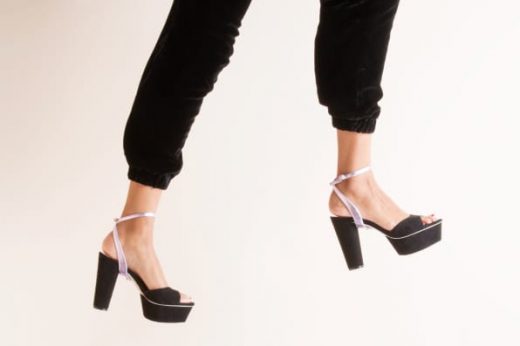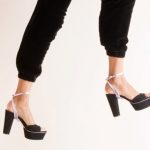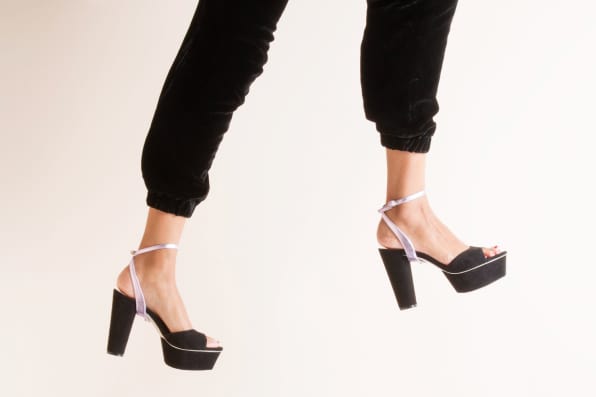An Eco-Chic Solution For Women Who Love Shoes, But Hate Conspicuous Consumption
It’s a common problem. Spring arrives and you decide to modestly spruce up your sandal collection. But one thing leads to another and, before you know it, you have four new pairs: everyday pairs in blush and gray, a formal pair for a wedding, and a sparkly pair for a different wedding.
That’s when your conscience kicks in: Did you go overboard? Where will you put them all? And what happens to all those shoes from last season?
Alterre, a New York-based shoe startup, has devised an interesting way to give women more shoes with less waste. It’s launched a line of shoes that lets you easily swap out straps and bases. You can buy a pair of sandals or platforms, then buy dozens of different uppers–glittery straps, gladiator lace-ups, or even Oxford shoelaces–for an entirely different look. Prices start at $130 for bases and $45 for uppers.
Founders Shilpa Iyengar and Harmony Pilobello met as students at Parsons School of Design and spent three years developing the technology for the modular shoes before quietly launching last year. “It was really important that we got the button at the bottom of the shoe perfectly right so that the straps stay in place,” Iyengar tells Fast Company. “On first glance, women might think that this system is flimsy or the straps don’t stay in place. We needed to show that the shoes feel solid and exactly like any other shoe you have in your closet.”
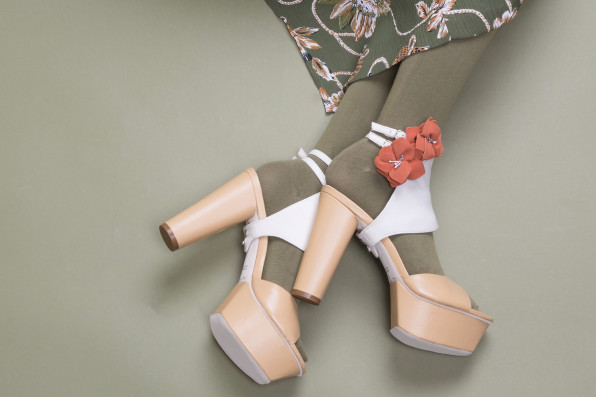
I had a look at the system. There are three different types of bases, a sandal, a platform heel, and a closed-toed vintage-inspired heel. Each base has a button at the bottom that the straps click into. Indeed, once the strap is inserted, it stays firmly in place, even when you walk. “It took a lot of trial and error to get the design right,” Iyengar says.
Pilobello and Iyengar were interested in creating a more sustainable approach to fashionable footwear. In keeping with this ethos, they’ve tried to make every part of the shoe as eco-friendly as possible. Alterre uses recycled plastic for the heels, which limits the kind of shoes they can make. “We discovered that you can only use virgin plastic for stiletto heels,” Pilobello explains. “Using recycled leather, heels need to be wider, so we’ve focused on creating a line of shoes with platform heels. Our collection is vintage-inspired, so it works with our aesthetic.”
They say their fashion inspiration comes from women like the fabulous socialite Elsie de Wolfe, who took Paris, New York, and London by storm in the late 1800s, and jazz icon Billie Holiday, who was known for her stylish on-stage ensembles.
Eco-Friendly, Socially Conscious
Alterre’s customers are drawn to the brand for a lot of reasons, but many especially like the brand’s eco-friendly and socially conscious stance. For instance, the shoes are produced in Brazil and made from leather that is sourced there, too—a way to cut down on the carbon footprint of transporting materials. Alterre also donates 5% of its profits to Restore NYC, an organization that helps victims of sex trafficking.
Other customers like Alterre because the modular shoes are much easier to carry on trips. “We’re very popular among women who travel a lot,” Pilobello says. “They can carry one base, plus lots of straps for different looks.” Of course, others just like how the shoes look: They’ve been very popular at weddings, Pilobello and Iyengar say.
Alterre’s biggest challenge is getting women to give this new approach to shoes a chance. Customers who aren’t familiar with the concept might think the swapping process is too complicated or that the shoes will be uncomfortable. The founders believe the key is getting people to try the product in person: They’ve opened up their Chinatown studio and set up popup shops to let customers come in and check out the products in person.
“We think that modular shoes will become more common,” Iyengar says. “But until then, we’re in the business of showing women how cool this concept can be.”
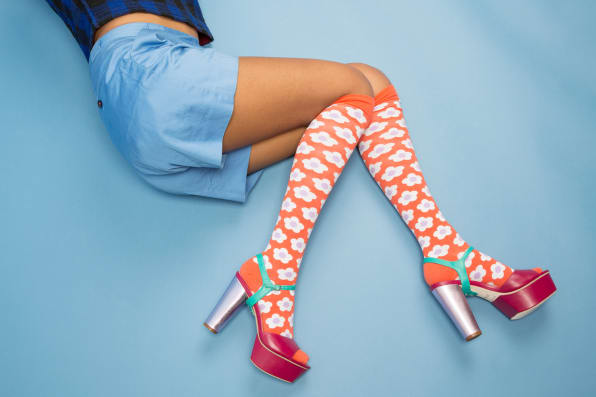
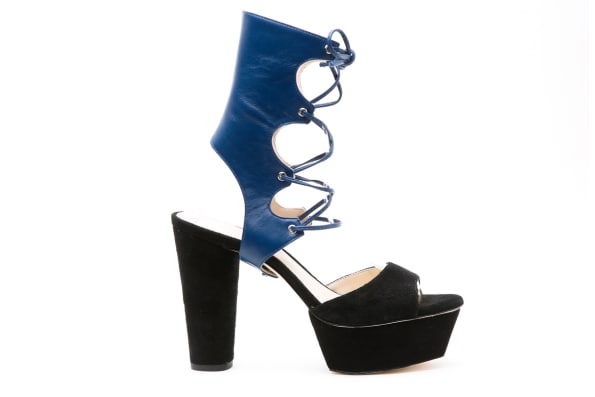
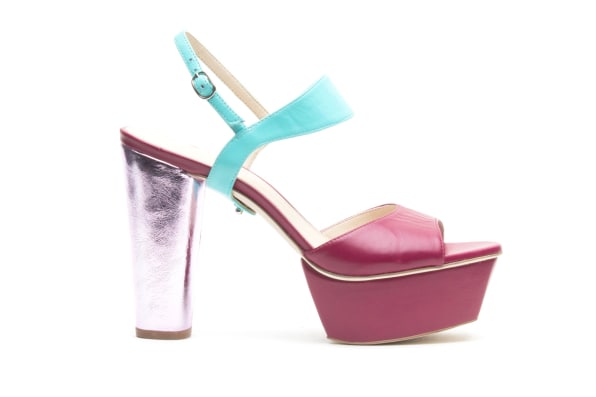
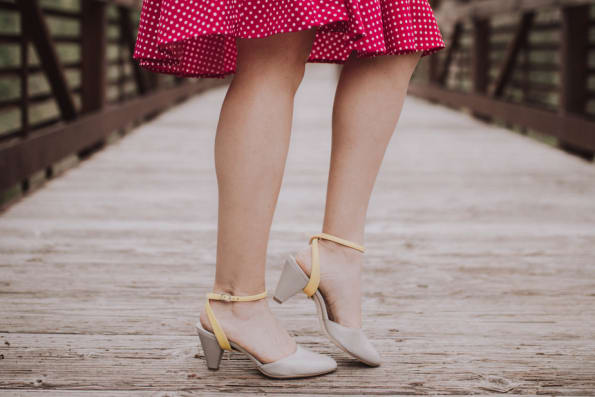
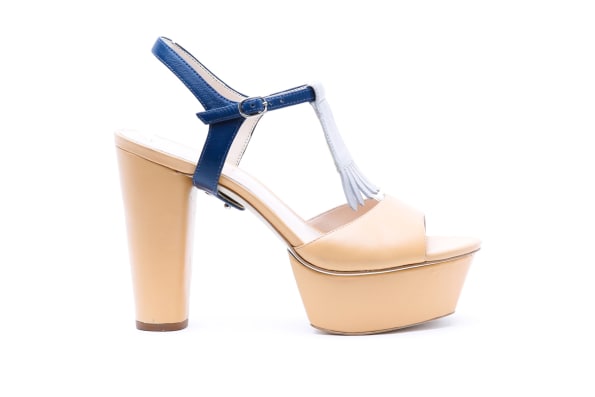
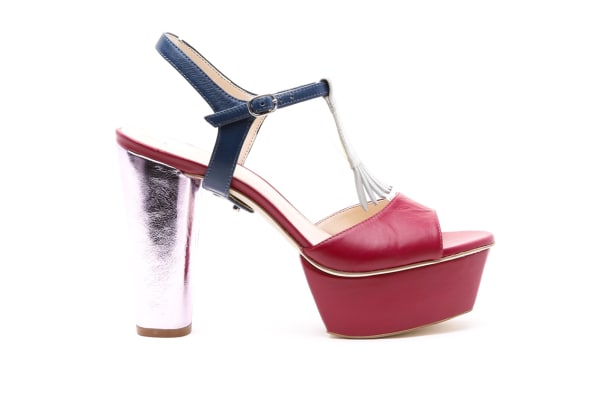
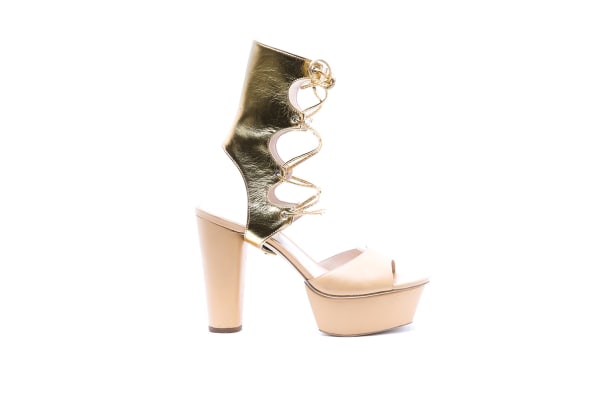
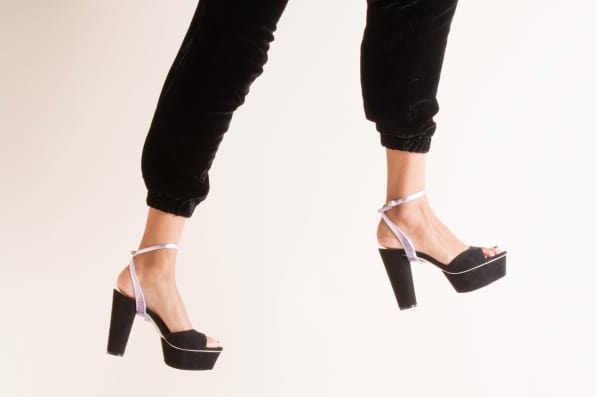
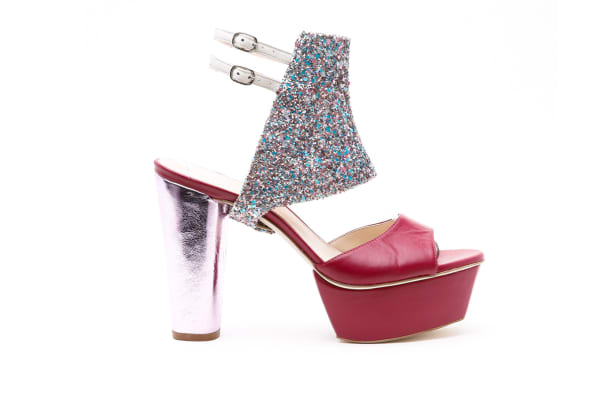
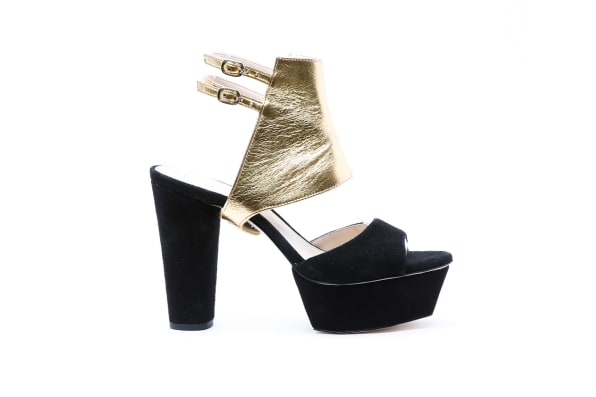
Fast Company , Read Full Story
(26)

